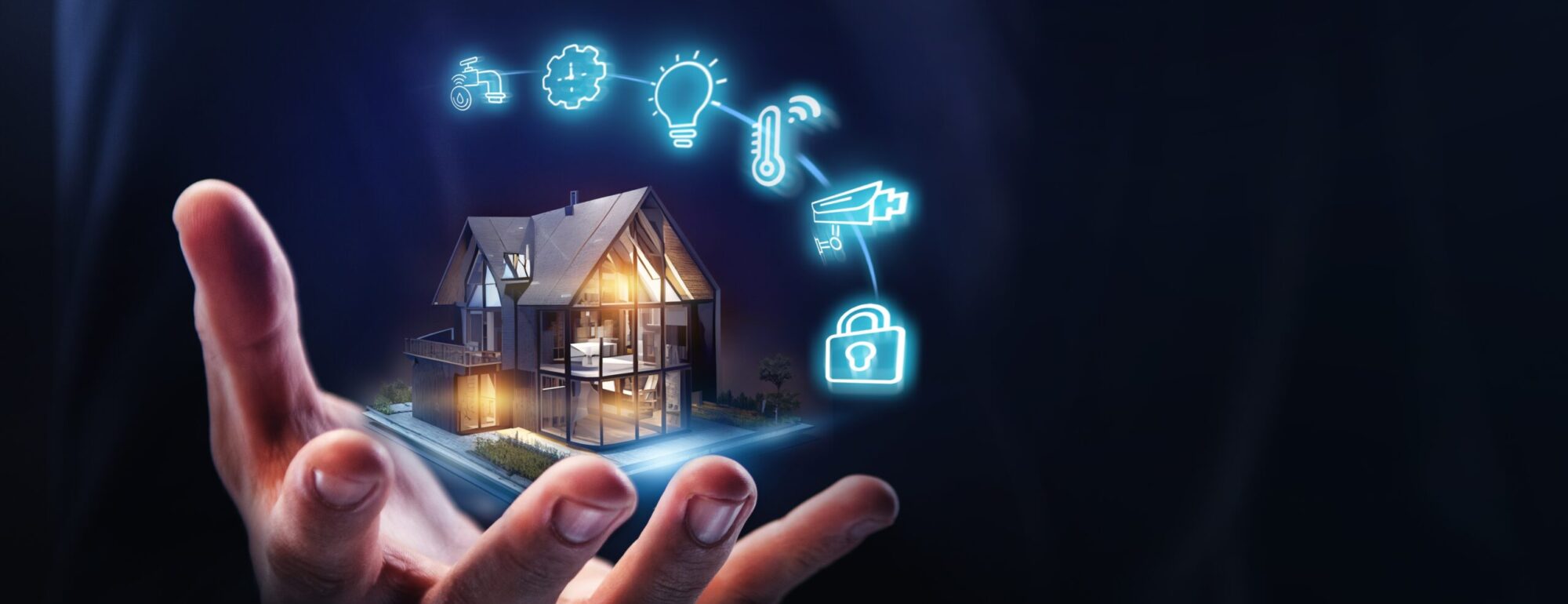COURSES

The Skills4Deca initiative has enrolled three higher education institutions from the Baltic countries to design and deliver approximately 50 standalone courses at different levels (Microlearning, Bachelor, Master) incorporated into existing accredited programs.
At least 220 students will attend programs annually, with scholarships offered when necessary. Additionally, the capacity building will benefit from the expertise of three SMEs in hands-on sessions and sector seminars.
Content will be developed in areas where advanced applications have emerged from recent digital technology advancements (Artificial Intelligence, Blockchain, Cloud Computing, Data Analytics, Extended Reality, Internet of Things, Photonics).
Graduates will apply these digital solutions in various housing management domains, including:
- material components,
- photonics solutions,
- lighting and sound solutions,
- energy consumption and auditing,
- organizational and regulatory frameworks,
- financial planning,
- decarbonisation,
- well-being,
- and management for future housing.
Skills4Deca will apply sensors, actuators, and measurement devices for smart housing and develop content on data capture hardware in heating, ventilation, air conditioning, light, sound, energy flows, pollution (magnetic storms, SO2, KD2.5, KD10, NO2, CO), and human behavior detection.
Partners will develop BSc and MSc courses and micro-credentials, which include:
- Adaptive Massive Open Online Courses (MOOCs): Custom learning experiences that address individual needs through feedback, pathways, and resources. MOOCs are online courses aimed at unlimited participation and open access via the web.
- Computer Learning Systems: Systems that compile personalized materials for students, monitor progress, and allow control over time, place, path, and pace. Innovative assessments motivate students to take responsibility for their learning and apply a wide range of knowledge.
- Adaptive Video Systems: Automatically create customized video materials based on module themes.
- Adaptive Text Systems: Automatically provide personalized text materials based on module themes.
- Web Text Mining: Analyses public media (articles, social networks, commentaries) to understand Skills4Deca problems, outlooks, and expectations.
- Access to E-Sources: Open-source videos, simulators, case studies, and software from top universities. Students can use these tools for calculations, simulations, and examinations. They can also contribute materials to the module’s database.
- Virtual Labs: Provide access to new learning experiences and equipment, allow experiment repetition, enhance engagement, and promote critical thinking skills in a safer environment.
- Virtual Real-Time Labs: Interactive, digital simulations of physical lab activities.
- Virtual AI Learning Environment: A platform for customized education, offering personalized learning plans based on each student’s strengths, needs, skills, and interests.
- 5D, 6D, 7D Simulation Package for Digital Twin: Prepares BIM data packages for building digital twins, focusing on 7D simulation for facility management.
- Learning Content on Sensors and Measurement Devices: Covers data capture hardware in heating, ventilation, air conditioning, light, sound, energy flows, pollution, and human behaviour detection.
- Educational Games: Games designed to help students understand Skills4Deca concepts, learn domain knowledge, and develop problem-solving skills.
- Moodle Virtual Learning Environment: Features include an adaptive design, user-friendly interface, personalized dashboard, collaborative tools, secure authentication, multilingual capability, and high interoperability.